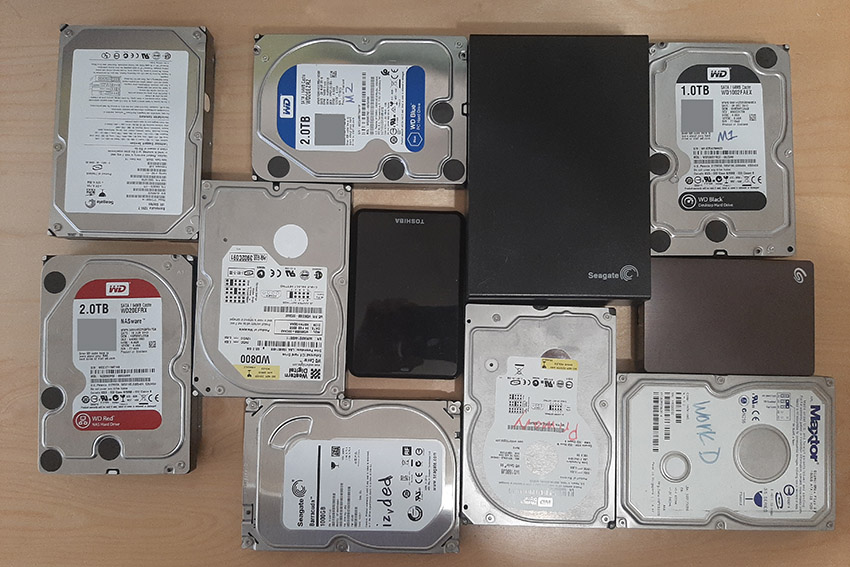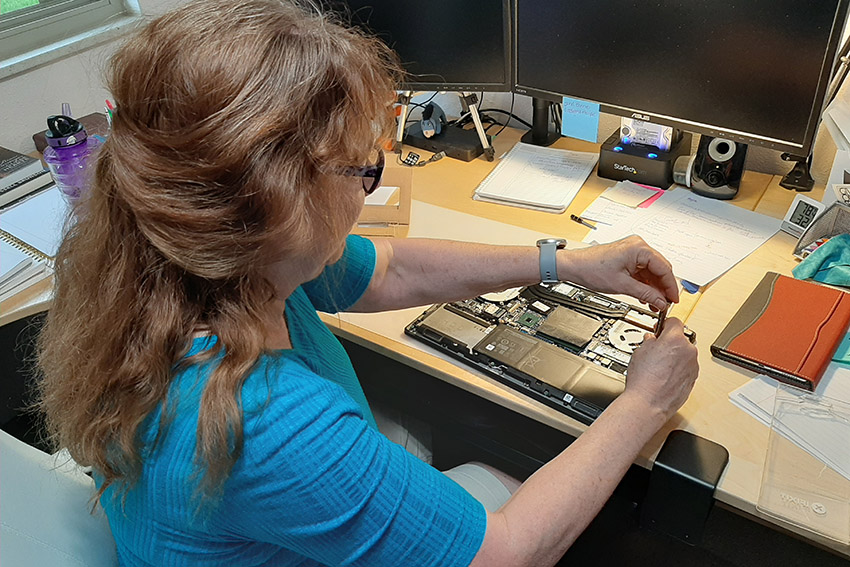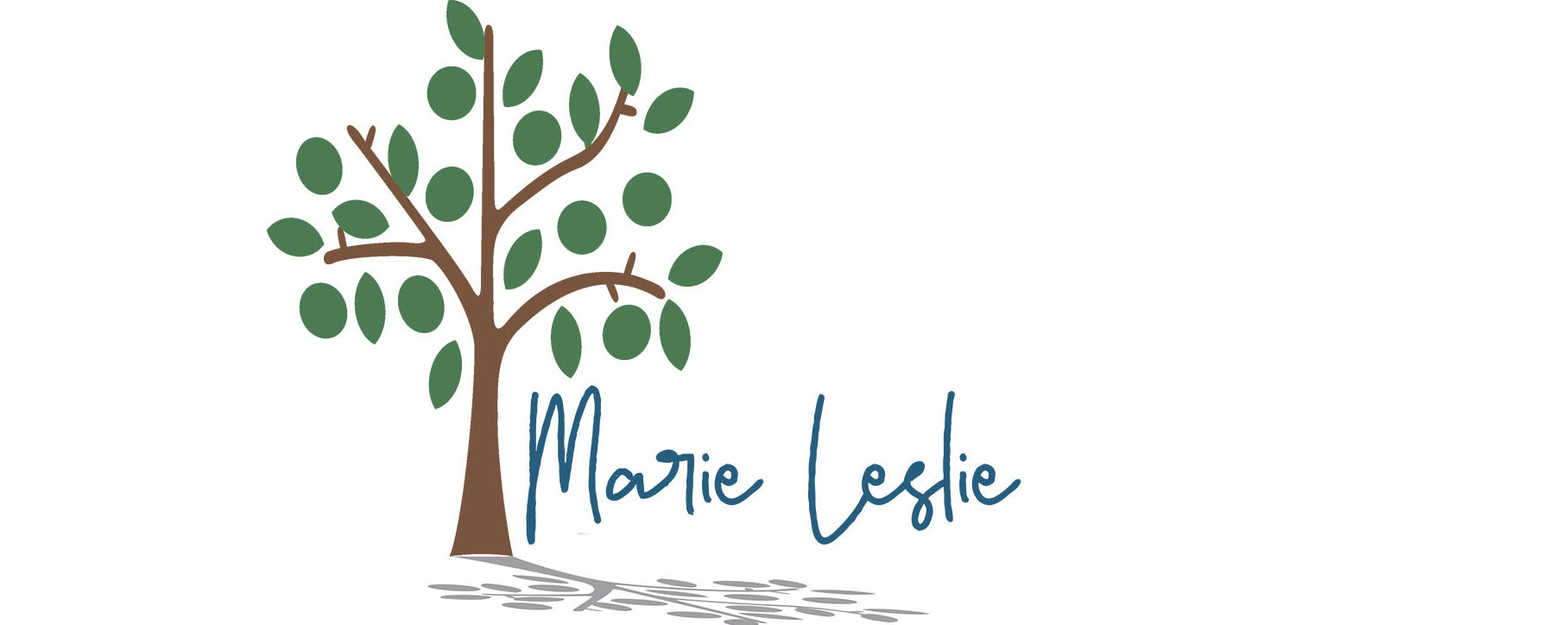When Did You Last Back Up Your Important Data?

This post contains affiliate links, which means I may earn some money if you click on one and make a purchase. It will not cost you any extra, and I will be grateful for your support. Read the full disclosure here.
Do you have a backup system for your computer? When did you last back up your important data? If you don’t know the answer to that question, if it was more than a month ago, or if you don’t have a backup system—you need to read this.
Digital backups have always been a hotspot for me. I’ve been living in the digital world for years. I wrote my college thesis on an Apple II and fully embraced my digital life. If you can create or store it on a computer, I’m all about it. I’ve been through several systems over the years, and finally made the full leap from desktop to laptop at the beginning of this year.
I’ve run businesses heavily dependent on computer use for years. As a result, I’ve learned to protect and back up my important digital data. In the beginning, I had backup disks. Then I graduated to burning CDs and DVDs. I still do this with digital imaging. Now I use Backblaze, an automatic cloud backup service.
I have these two backup systems because my original businesses were writing and photography. My current computer has four drives. Because it is a laptop, two are internal, and two are external. I recently switched over from a desktop where I had three internal drives.
Organizing My Digital World
Since I like my digital world to be as organized as my physical world, one drive holds my system files, program files, and a few key folders that I access multiple times a day. My other internal drive holds client work, my writing, and files and folders I need when I am on the road.
My two external drives, which are my internal drives from my desktop, inserted into a hard drive dock, contain photography and graphic design work, along with some archives and backups.
If you want to total that all up, I have about four-and-a-half terabytes of drive space on my desk. It’s a lot for one computer, I know, but it’s how I work. No, they’re not all full.
But that also means that I have more than half a million files on those four drives. As a photographer, I also have at least a thousand CD’s and DVD’s of image files archived in my basement. I have a lot of digital data.
Losing all that data would put a serious dent in not only my digital life, but in my business as well. Like most (all?) computer users, I have lost a few drives over the years. I’ve learned that hard drives crash. And when they do it will be at the most inconvenient time possible.
Let me share with you a recent experience.

A Digital Disaster in the Making
A few years ago, I traveled to Maui. It was my first trip and we spent days exploring and photographing everything in sight. I came home with more than 3000 images, including two client portrait sessions while I was there.
I downloaded and made primary edits on my Maui images. I got up the next morning, switched on my computer and my primary image drive was DOA. This drive contains all my graphic design work, all my stock photography (both my own & purchased/free), and all my current pending edits, which means client work, as well as art in progress. And all those images from Maui.
After my mini-heart-attack, I pulled up my backup service to find all my files safely in the cloud and called my tech for a recommendation on a new drive. Yes, it was inconvenient to have a couple of down days to install a new drive and then complete the restoration, but I did not lose one single file. That made it all worthwhile.
In my 30+ years of having a business and a computer, this is not my first disk failure. I cannot count the number of hard drives that have failed over the years. My basement electronic graveyard currently sports at least half a dozen. But I have rarely lost a file in all those years.

Back Up Systems: A Worthwhile Investment
Backing up your important data is worth every penny you invest and every minute of inconvenience.
It is not a matter of IF your drives will fail, but WHEN they will fail.
You can try a drive recovery service should your drive fail. The average cost is between $500-$2500 IF they can recover your data. Sometimes the data is not fully recoverable. Is that a risk you really want to take?
When did you last back up your important data? If you aren’t backing up your data, take the time and start today.
The easiest way to back up data is with a cloud system. I highly recommend Backblaze. Not only can you restore an entire computer or a drive, you can restore individual files in minutes, if you need to. They offer a free trial, which you can access here. It is an affiliate link, which means you get a deal, and I get a commission if you sign up with them. You also get the peace of mind of knowing your important data is protected, whether it’s your college thesis, your tax returns, or your irreplaceable family photos
Go back up your computer today.







Hi Marie,
Wow, I would have a had a heart attack if I lost all those photos from a trip! I need to back up more as I put a lot on zip drives and a few of those now were not working. Thanks for the reminder and tips on doing back-ups. Very important!
I did pretty much have a little heart attack–and then I remembered my online backups, and decided to see if it really lived up to the advertising. I was so happy it did. Good luck with catching up on the backups. Not fun, but definitely worth it for those important files.